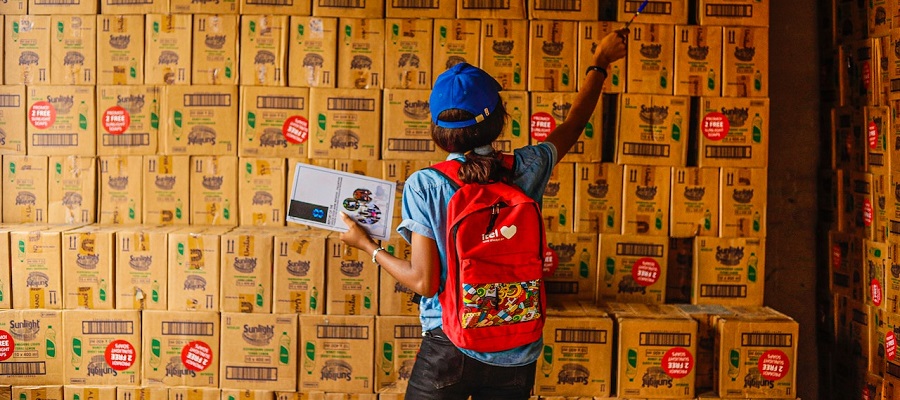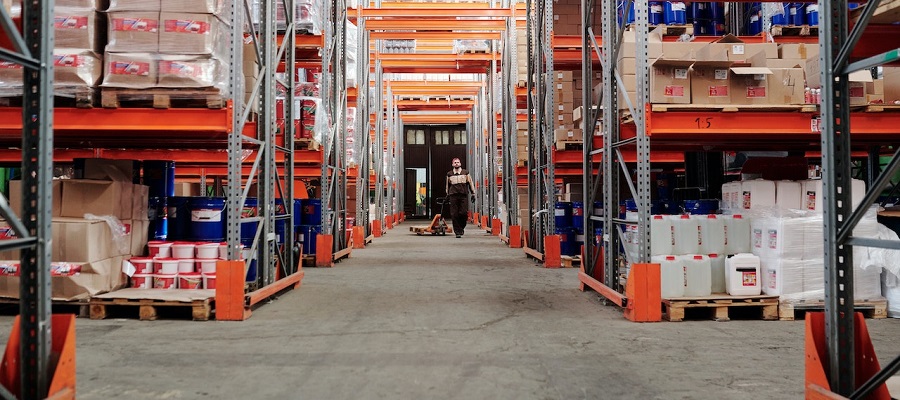Product Recalls and Safety Issues at Grocery Wholesalers
Grocery wholesalers play a vital role in the distribution of food and other products to businesses, organizations, and individuals. As such, it is essential for these businesses to prioritize product safety and handle any recalls or safety issues that may arise in a timely and effective manner. In this article, we'll explore the various methods that grocery wholesalers use to handle product recalls or safety issues.
The Importance of Product Safety
Product safety is of the utmost importance to grocery wholesalers. These businesses have a responsibility to ensure that the products they distribute are safe for consumption or use. Failure to prioritize product safety can have serious consequences, including harm to consumers, damage to the business's reputation, and financial losses.
Methods for Handling Product Recalls or Safety Issues
Methods for Handling Product Recalls
Product recalls are a common occurrence in the world of business, and grocery wholesalers are no exception. When a product recall occurs, it is important for these businesses to handle the situation in a timely and effective manner. In this article, we'll explore the various methods that grocery wholesalers use to handle product recalls.
Notifying Customers
One of the first steps that grocery wholesalers must take when a product recall occurs is to notify their customers. This may involve sending out recall notices or safety alerts to all customers who have purchased the affected product. These notices should include information about the recall, such as the reason for the recall, the affected product, and any potential risks or dangers associated with the product.
Removing the Product from Shelves
If a product is deemed unsafe for consumption or use, grocery wholesalers must remove it from their shelves and stop distributing it. This may involve disposing of the product or returning it to the manufacturer. Removing the product from shelves can help to prevent further harm to consumers and protect the reputation of the business.
"Providing Refunds or Replacements"
Grocery wholesalers may offer refunds or replacements to customers who have purchased an affected product. This can help to mitigate any financial losses that the customers may incur as a result of the recall. In some cases, the manufacturer of the affected product may offer refunds or replacements directly to the customers, with the grocery wholesaler serving as a facilitator.
Cooperating with Regulatory Agencies
Grocery wholesalers must cooperate with regulatory agencies, such as the Food and Drug Administration (FDA) or the Consumer Product Safety Commission (CPSC), when a product recall occurs. This may involve providing information or assistance to the regulatory agency as they investigate the issue. Cooperation with regulatory agencies can help to ensure that the recall is handled effectively and that any potential risks or dangers are properly addressed.
Implementing Preventative Measures
To prevent future product recalls, grocery wholesalers may implement preventative measures, such as strengthening their supply chain management processes or increasing product testing. These measures can help to ensure that the products distributed by the business are safe for consumption or use and can protect the reputation of the business.
Methods for Handling Safety Issues
Safety issues can arise in any business, including grocery wholesalers. When a safety issue occurs, it is important for these businesses to handle the situation in a timely and effective manner. In this article, we'll explore the various methods that grocery wholesalers use to handle safety issues.
Notifying Customers
One of the first steps that grocery wholesalers must take when a safety issue arises is to notify their customers. This may involve sending out safety alerts or notifications to all customers who may be affected by the issue. These notifications should include information about the safety issue, such as the potential risks or dangers associated with the product or service, and any steps that the customers can take to protect themselves.
Removing the Product or Service from Shelves or Ceasing Distribution
If a product or service is deemed unsafe for consumption or use, grocery wholesalers must remove it from their shelves or cease distributing it. This may involve disposing of the product or returning it to the manufacturer. Removing the product or service from shelves or ceasing distribution can help to prevent further harm to consumers and protect the reputation of the business.
Providing Refunds or Replacements
Grocery wholesalers may offer refunds or replacements to customers who have purchased an affected product or used an affected service. This can help to mitigate any financial losses that the customers may incur as a result of the safety issue. In some cases, the manufacturer of the affected product or provider of the affected service may offer refunds or replacements directly to the customers, with the grocery wholesaler serving as a facilitator.
Cooperating with Regulatory Agencies
Grocery wholesalers must cooperate with regulatory agencies, such as the Food and Drug Administration (FDA) or the Consumer Product Safety Commission (CPSC), when a safety issue arises. This may involve providing information or assistance to the regulatory agency as they investigate the issue. Cooperation with regulatory agencies can help to ensure that the safety issue is handled effectively and that any potential risks or dangers are properly addressed.
Conclusion
In conclusion, it is essential for grocery wholesalers to prioritize product safety and handle any recalls or safety issues that may arise in a timely and effective manner. This may involve notifying customers, removing the product from shelves, providing refunds or replacements, cooperating with regulatory agencies, and implementing preventative measures. By taking these steps, grocery wholesalers can protect the safety of their customers and mitigate any potential financial losses.


